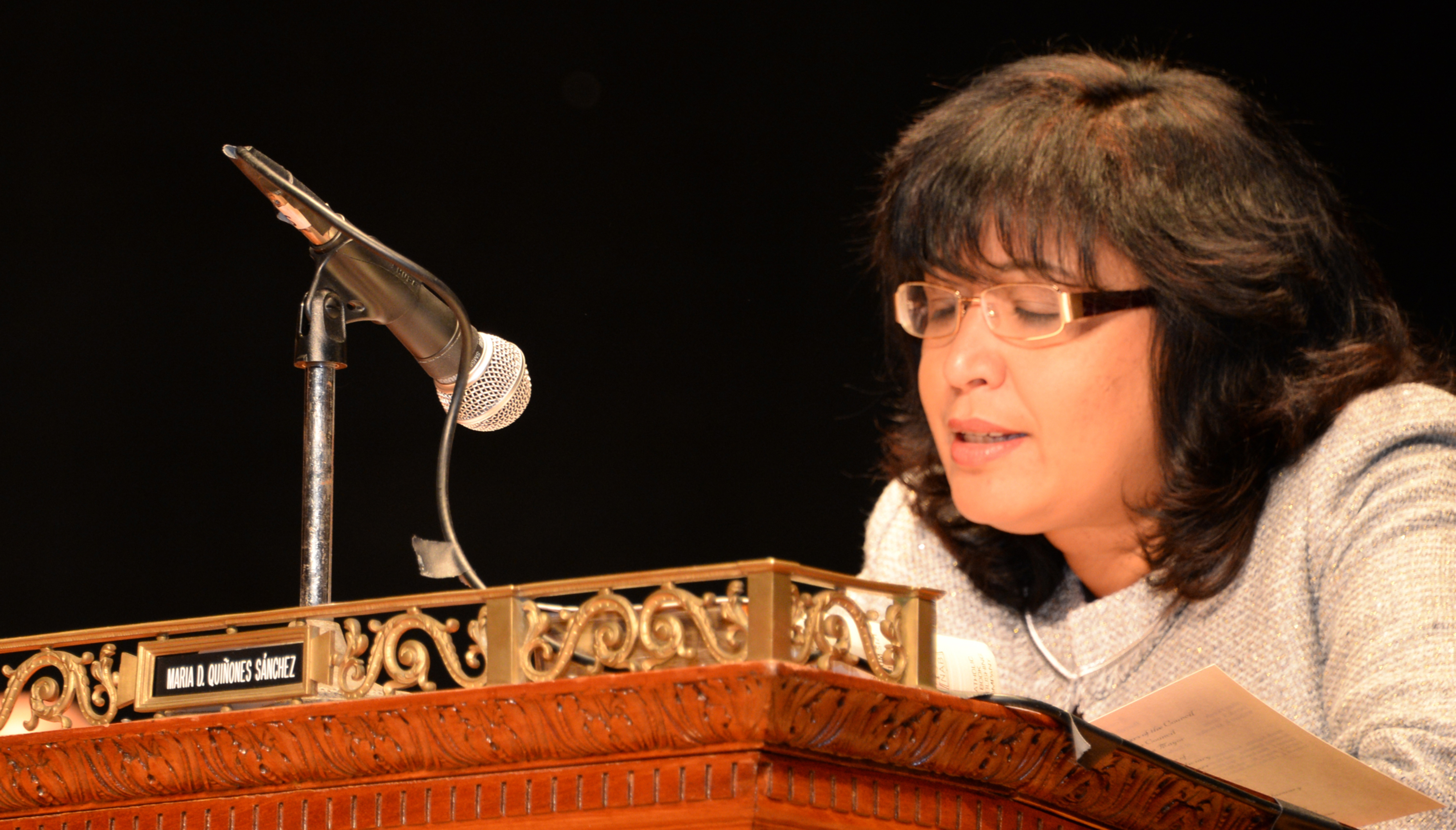
Puerto Rico’s Air Bridge phenomenon sees no end in sight
Air bridge.
Recent reports from the Philadelphia Inquirer have detailed what many experts have suspected for a longtime: that many impoverished and sick are leaving the island of Puerto Rico for the mainland in search of healthcare, including addicts.
Of those who have come to the area specifically for health care and treatment, many have been sent to Philadelphia from Puerto Rico with a one-way ticket in hopes they’ll get cured of their illness and sent home. This process, known as Air Bridge, is a practice that was set in place by the Puerto Rican government to send addicts to either jail or other parts of the country with prominent Puerto Rican populations. These efforts are done to “clean up” the streets reportedly due to the lack of rehabilitation resources and stigma that come with drug addiction on the island.
In contrast, with the opioid epidemic growing in Philadelphia, specifically in the Kensington area, there has been pressure on local officials to not only contain crimes and drugs in the streets but also provide treatment to those persons who have newly migrated to Philadelphia. As the Kensington area has long been plagued with stigma in regards to drug addiction, the addition of new sufferers of drug addiction combined with homelessness has drastically impacted the community and overloaded some public officials.
RELATED CONTENT
When speaking with one of the mayor of a city in Puerto Rico known for sending patients getting treated for drug addiction to areas on the mainland, Councilwoman Maria Quinones-Sanchez said to the mayor "You overburdened another government because of your inability to work on things here," Sánchez recalled telling the mayor. "How is that fair?" according to reports. Quinones-Sanchez is in charge of one of the areas in the city that has been facing drug addiction and homelessness at a larger scale.
The key element within this problem is the recovery houses that have been a part of the Kensington community for quite some time. Usually run by priests and clergymen, the recovery houses have been in direct contact with government officials in key areas within Puerto Rico to help maintain the Air Bridge pipeline and the “recovery” process. The problem with these recovery house is not only that they take a quarter of the pay of those who choose to stay in their facilities, they also use tactics for recovery that some healthcare professionals call ineffective and at times more harmful than not.
The tactics include shaming, insisting on prayer, and punishment or reward. Some descriptions of said recovery houses include overcrowded rooms, insufficient resources and not very much space. Saving Lives has been at the center of the discussion, even working directly with Councilwoman Quinones-Sanchez to protect addicts and return them to their recovery house if they somehow go rouge. "I do this from the heart" said Willis Osario, the Chaplain of Saving Lives to Alfred Lubano at the Inquirer, though many have complained of the actual care and service they’ve received under him. Regardless of the tactics, those in recovery are still focused on making their way back to Puerto Rico once the recovery the care they need to overcome the addiction.










LEAVE A COMMENT: